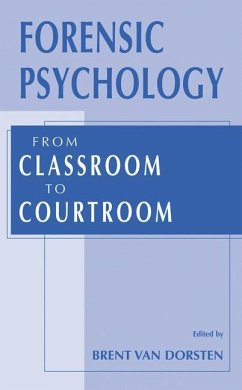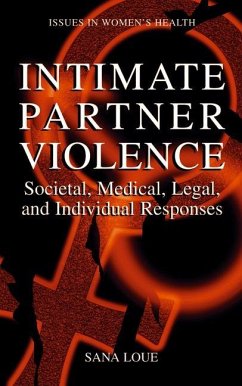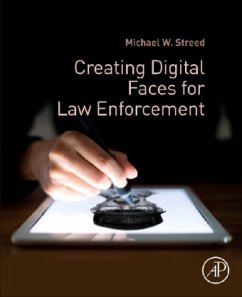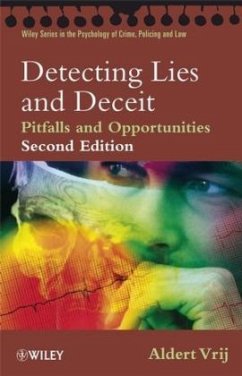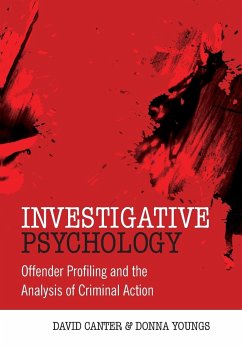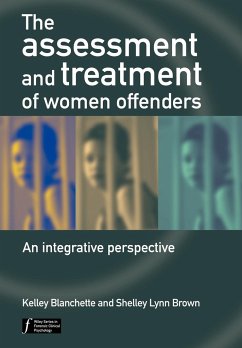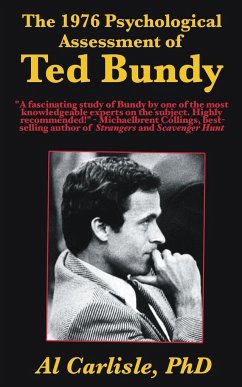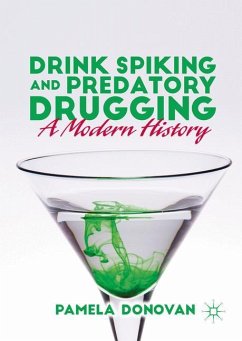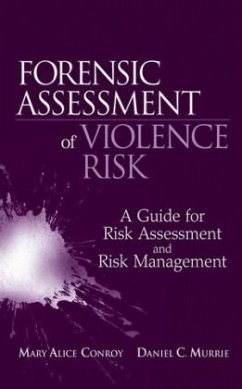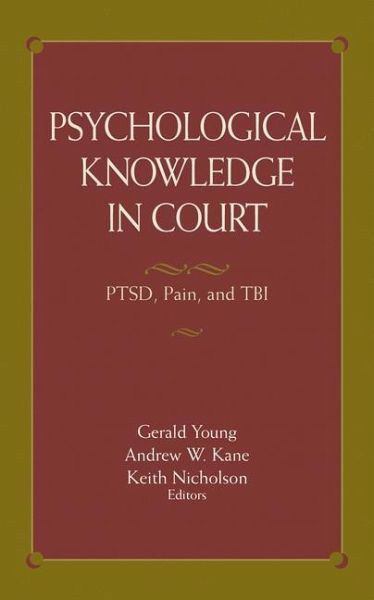
Psychological Knowledge in Court
PTSD, Pain, and TBI
Herausgegeben: Young, Gerald; Kane, Andrew W.; Nicholson, Keith
Versandkostenfrei!
Versandfertig in 1-2 Wochen
75,99 €
inkl. MwSt.

PAYBACK Punkte
38 °P sammeln!
PTSD, pain syndromes, traumatic brain injury: these three areas are common features of personal injury cases, often forming the cornerstone of expert testimony. Yet their complex interplay in an individual can make evaluation-and explaining the results in court-extremely difficult.Psychological Knowledge in Court focuses on this triad separately and in combination, creating a unique guide to forensic evaluations that fulfills both legal and clinical standards. Its meticulous review of the literature identifies and provides clear guidelines for addressing core issues in causality, chronicity, a...
PTSD, pain syndromes, traumatic brain injury: these three areas are common features of personal injury cases, often forming the cornerstone of expert testimony. Yet their complex interplay in an individual can make evaluation-and explaining the results in court-extremely difficult.
Psychological Knowledge in Court focuses on this triad separately and in combination, creating a unique guide to forensic evaluations that fulfills both legal and clinical standards. Its meticulous review of the literature identifies and provides clear guidelines for addressing core issues in causality, chronicity, and assessment, such as:
- Are there any definable risk factors for PTSD?
- How prevalent is PTSD after trauma?
- How do patients' emotions relate to their pain experience?
- Are current pain assessment methods accurate enough?
- What is the role of pre-existing vulnerabilities in traumatic brain injury?
- What exactly is "mild" TBI?
Psychological Knowledge in Court focuses on this triad separately and in combination, creating a unique guide to forensic evaluations that fulfills both legal and clinical standards. Its meticulous review of the literature identifies and provides clear guidelines for addressing core issues in causality, chronicity, and assessment, such as:
- Are there any definable risk factors for PTSD?
- How prevalent is PTSD after trauma?
- How do patients' emotions relate to their pain experience?
- Are current pain assessment methods accurate enough?
- What is the role of pre-existing vulnerabilities in traumatic brain injury?
- What exactly is "mild" TBI?





